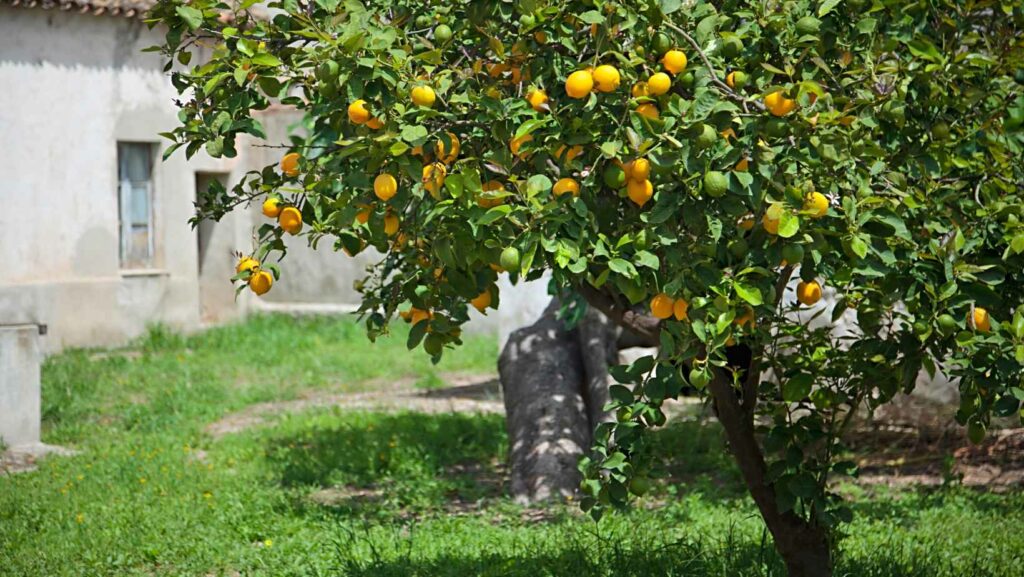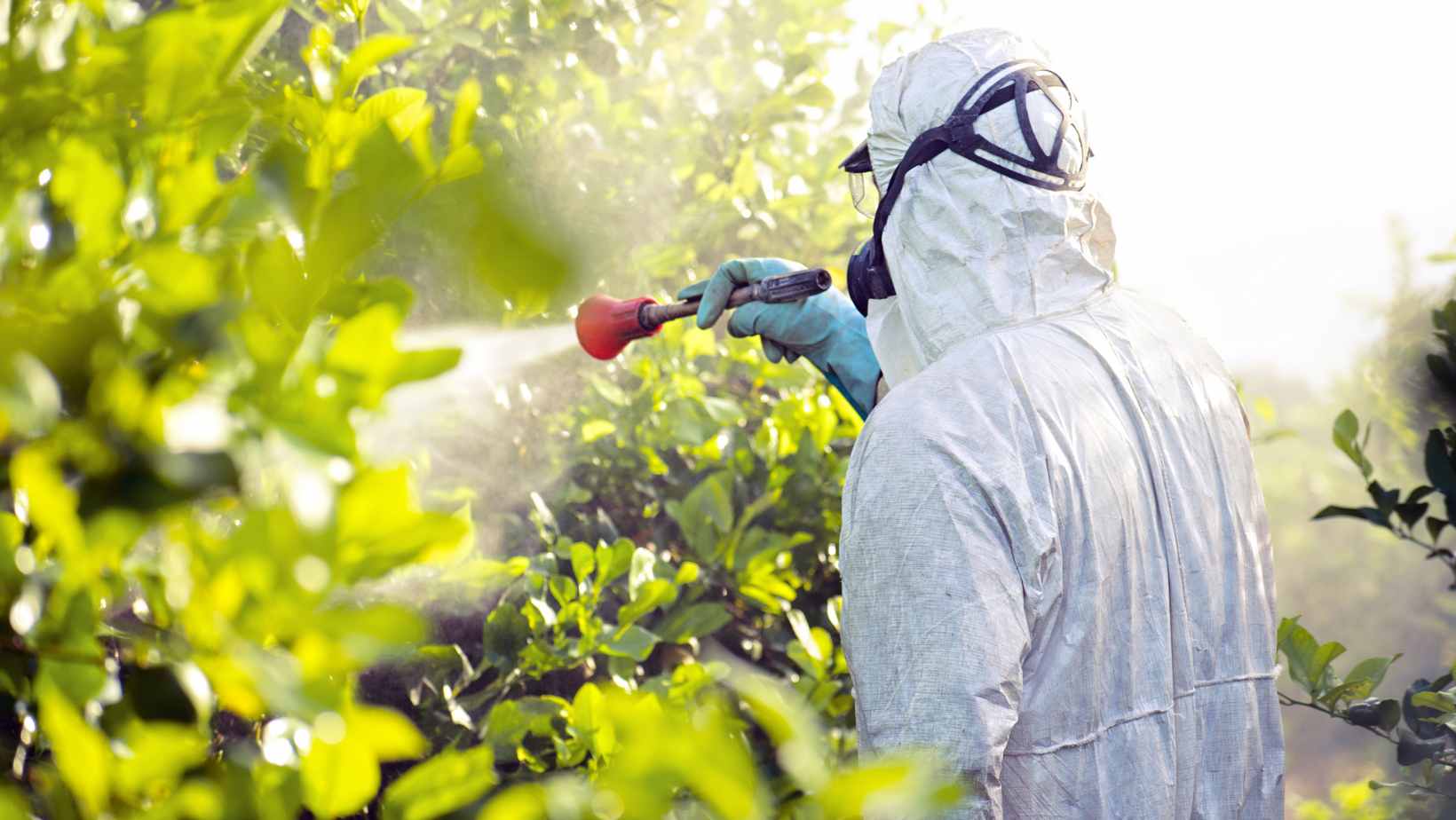What fertilizer for lemon tree
Lemon trees are one of the most popular fruit trees to grow in home gardens. They are easy to care for, and the fruit is versatile and delicious. Lemons can be used in cooking, baking, and even cleaning.
To produce healthy fruit, lemon trees need the right fertiliser. Fertiliser helps lemon trees to grow strong and produce bountiful crops of juicy lemons.
There are many different types of fertiliser available on the market, so it is important to choose the right fertiliser for your lemon tree. This article will provide some tips on how to select the best fertiliser for your lemon tree.
The benefits of using the right fertiliser.
Lemon trees are a popular choice for many home gardens, and they are relatively easy to care for. However, one of the most important things you can do for your lemon tree is to use the right fertiliser. Fertiliser provides nutrients that lemon trees need in order to grow and produce fruit. If you use the wrong fertiliser, your lemon tree may not get the nutrients it needs and could produce less fruit.
Improved growth
Applying the right fertiliser to lemon trees promotes optimal growth. The best time to fertilise lemon trees is in early spring, just as new growth begins. A second application can be made in late spring or early summer. For best results, use a fertiliser that is high in nitrogen.
Lemon trees need a steady supply of nutrients to produce healthy leaves, fruit and flowers. Fertilising lemon trees helps ensure they receive the nutrients they need for optimal growth.
There are many different types of fertiliser available for lemon trees. Choose a fertiliser that is high in nitrogen and includes other essential nutrients such as phosphorus and potassium. Apply the fertiliser according to the manufacturer’s directions.
Over-fertilizing lemon trees can damage the roots and increase the risk of leaf burn. Use only the amount of fertiliser recommended by the manufacturer or as directed by a professional landscaper or gardener.
Better fruit production
When it comes to lemon trees, fertiliser is essential for optimal fruit production. A healthy lemon tree will produce more fruit, and the fruit will be of better quality. The right fertiliser will also help the tree to withstand disease and pests.
There are a number of different types of fertiliser available, and the best type to use will depend on the specific needs of your lemon tree. In general, however, there are a few basic things to look for in a good fertiliser for lemon trees.
The first is that it should be high in nitrogen. Nitrogen is essential for leaf growth, and it helps the tree to produce more fruit. It also helps the tree to resist pests and diseases.
The second thing to look for is that the fertiliser should be balanced. This means that it should contain equal amounts of nitrogen, phosphorus, and potassium. These three nutrients are essential for all aspects of plant growth, and a lack of any one of them can cause problems.
Finally, you should make sure that the fertiliser you choose is appropriate for the time of year. Some fertilisers are designed to be applied in the spring, while others are better suited for use in the fall. Using the wrong fertiliser at the wrong time can actually do more harm than good.
If you follow these guidelines, you should have no trouble finding a fertiliser that will help your lemon tree to produce bountiful fruit crops year after year.

Enhanced disease resistance
Fertilising your lemon tree is important to maintain its health and vigour. It’s especially important when the tree is young and actively growing. The right fertiliser will provide the nutrients the tree needs for proper growth and development. It will also help the tree to resist disease and pests.
When choosing a fertiliser, be sure to select one that is specifically designed for lemon trees. This will ensure that you are providing the nutrients that lemon trees need in the correct proportions. You should also choose a fertiliser that is appropriate for the stage of growth your lemon tree is in. For example, a young lemon tree will need a different fertiliser than an older, mature tree.
Applying the fertiliser correctly is also important. Be sure to follow the instructions on the label carefully. Over-fertilizing can damage your lemon tree, so it’s important not to apply more than what is recommended.
Using the right fertiliser will help your lemon tree to grow strong and healthy. It will also improve its resistance to disease and pests. By taking these steps, you can ensure that your lemon tree will produce an abundance of juicy, delicious fruit for many years to come!
The types of fertiliser to use for lemon trees
Lemon trees are one of the most popular citrus fruits. The tree itself is an evergreen that can reach up to 20 feet in height. They are often found in home gardens and are relatively easy to take care of.
Nitrogen-rich fertiliser
Lemon trees are one of the most popular fruit trees to grow in home gardens. While lemons are easy to grow, they do require some special care, including the use of the right fertiliser. Lemon trees need a high-nitrogen fertiliser to produce healthy leaves and plenty of fruit.
There are two main types of nitrogen-rich fertiliser: organic and chemical. Organic fertilisers, such as compost or manure, release nitrogen slowly over time and are less likely to burn the roots of your lemon tree. Chemical fertilisers, on the other hand, release nitrogen immediately and can be more effective in the short-term, but they can also damage delicate roots if used excessively.
When selecting a nitrogen-rich fertiliser for your lemon tree, be sure to read the label carefully and choose one that is specifically designed for citrus trees. Apply fertiliser according to the directions on the label, and always water deeply after applying any type of fertiliser to prevent burning the roots.
Phosphorus-rich fertiliser
When it comes to fertiliser, lemon trees prefer a blend that is high in phosphorus. Phosphorus is essential for healthy root growth, so it helps encourage a strong and vigorous root system. It also helps promote flower and fruit production. Look for a fertiliser that has a high phosphorus content, such as 10-30-10.
Potassium-rich fertiliser
While all fertilisers contain some amount of potassium, designated “potash” on fertiliser labels, some products have a higher percentage of this essential element. Potassium plays an important role in helping lemon trees produce strong, vigorous growth and disease resistance. Fertilisers with a ratio of 5-10-5 or 6-10-6 are perfect for lemon trees and other citrus plants.
How to apply fertiliser to lemon trees
Applying the right fertiliser to lemon trees is important in order to have a healthy and productive tree. There are a few things to consider when choosing a fertiliser for lemon trees, such as the type of tree, the age of the tree, and the time of year. Let’s take a look at each of these factors to help you choose the best fertiliser for your lemon tree.
Fertilising at planting
For container-grown lemon trees, use 1/2 pound (0.23 kilograms) of 5-10-10 fertiliser for each year of the tree’s age. For example, a 3-year-old tree would need 1 1/2 pounds (0.68 kilograms) of fertiliser.
For newly planted trees, work the fertiliser into the soil around the tree out to the drip line (the outer edge of the branches). Be careful not to get any fertiliser on the trunk or main roots, as this can damage the tree.
Fertilising during the growing season
Fertilise your lemon tree every two to four weeks during the growing season with a water-soluble, balanced fertiliser that contains nitrogen, phosphorus and potassium. Apply the fertiliser to wet soil, and water the tree well after applying fertiliser. Apply 1/4 to 1/2 pound of fertiliser per year of the tree’s age. For example, a 3-year-old tree would need 3/4 to 1 1/2 pounds of fertiliser annually.
Conclusion
In conclusion, it is very important to use the right fertiliser for your lemon tree. Different trees have different fertiliser requirements, so be sure to do your research before purchasing any product. A little extra effort upfront will pay off in the long run, ensuring a healthy, productive tree that will provide you with delicious lemons for years to come.
